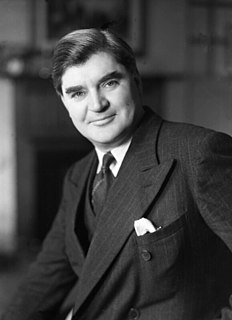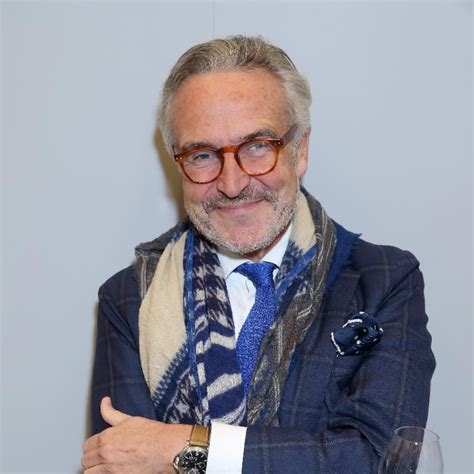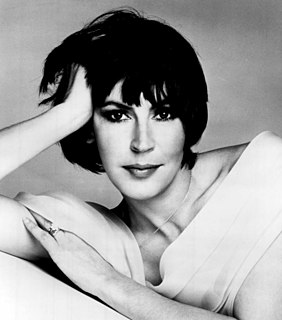A Quote by Aneurin Bevan
How can wealth persuade poverty to use its political freedom to keep wealth in power? Here lies the whole art of Conservative politics in the twentieth century.
Related Quotes
When you read Marx (or Jesus) this way, you come to see that real wealth is not material wealth and real poverty is not just the lack of food, shelter, and clothing. Real poverty is the belief that the purpose of life is acquiring wealth and owning things. Real wealth is not the possession of property but the recognition that our deepest need, as human beings, is to keep developing our natural and acquired powers to relate to other human beings.
It is true that so far as wealth gives time for ideal ends and exercise to ideal energies, wealth is better than poverty and ought to be chosen. But wealth does this in only a portion of the actual cases. Elsewhere the desire to gain wealth and the fear to lose it are our chief breeders of cowardice and propagators of corruption. There must be thousands of conjunctures in which a wealth-bound man must be a slave, whilst a man for whom poverty has no terrors becomes a freeman.
We have imagined ourselves a special creation, set apart from other humans. In the last twentieth century, we see that our povertyis as absolute as that of the poorest nations. We have attempted to deny the human condition in our quest for power after power. It would be well for us to rejoin the human race, to accept our essential poverty as a gift, and to share our material wealth with those in need.
Power from any source tends to create an appetite for additional power. It was almost inevitable that the super-rich would one day aspire to control not only their own wealth, but the wealth of the whole world. To achieve this, they were perfectly willing to feed the ambitions of the power-hungry political conspirators who were committed to the overthrow of all existing governments and the establishment of a central worldwide dictatorship.
The use of the word royalty, as fee to a proprietor for the exploitation of a work or property, derives from the period when the sovereign assumed title to all wealth of the realm. It was the struggle for freedom from these encroachments of the state that chiefly marked the Nineteenth Century, and established everywhere constitutional regimes of limited authority. In the Twentieth Century, however, we have witnessed a gradual and almost unrestricted movement back to state authoritarianism, primarily in the economic sphere, accompanied by the spread of state monopoly and intervention.
Let us look at wealth and poverty. The affluent society and the deprived society inter-are. The wealth of one society is made of the poverty of the other. "This is like this, because that is like that." Wealth is made of non-wealth elements, and poverty is made by non-poverty elements. [...] so we must be careful not to imprison ourselves in concepts. The truth is that everything contains everything else. We cannot just be, we can only inter-be. We are responsible fo everything that happens around us.
The great enemy of freedom is the alignment of political power with wealth. This alignment destroys the commonwealth - that is, the natural wealth of localities and the local economies of household, neighborhood, and community - and so destroys democracy, of which the commonwealth is the foundation and practical means.
Reagan's story of freedom superficially alludes to the Founding Fathers, but its substance comes from the Gilded Age, devised by apologists for the robber barons. It is posed abstractly as the freedom of the individual from government control a Jeffersonian ideal at the roots of our Bill of Rights, to be sure. But what it meant in politics a century later, and still means today, is the freedom to accumulate wealth without social or democratic responsibilities and license to buy the political system right out from everyone else.

































